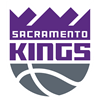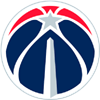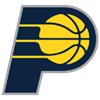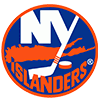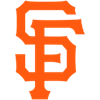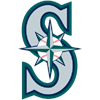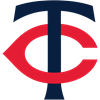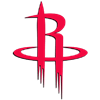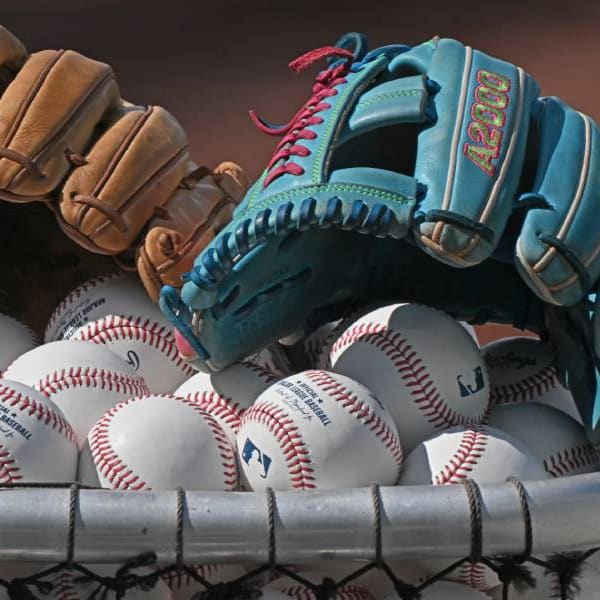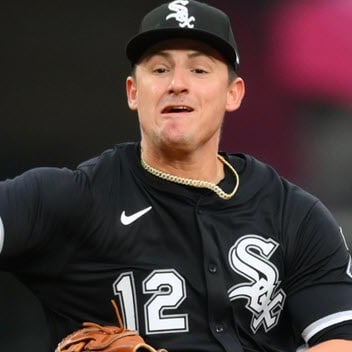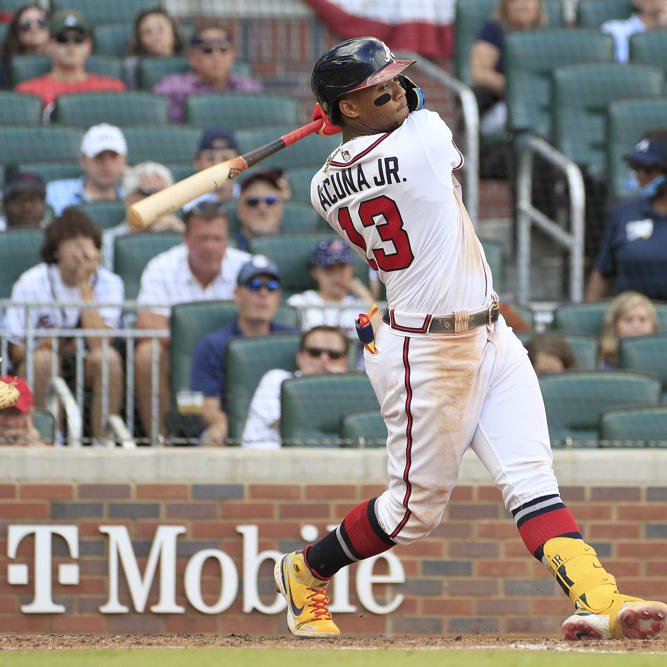Rules for Playing Heads Up and 50/50 Contests in Daily Fantasy Baseball
1. Focus on a top-3 pitcher on FanDuel and top-5 pitchers on DraftKings
| O/U | FD Avg. | DK Avg. |
| 5.5 | 17.3 | 33.4 |
| 6 | 12.8 | 19.6 |
| 6.5 | 11.8 | 17.3 |
| 7 | 10.5 | 14.2 |
| 7.5 | 9.4 | 12.0 |
| 8 | 9.0 | 11.0 |
| 8.5 | 8.4 | 9.6 |
| 9 | 7.6 | 8.1 |
| 9.5 | 7.6 | 8.1 |
| 10 | 7.3 | 7.4 |
| 10.5 | 7.7 | 7.0 |
| 11 | 6.9 | 5.8 |
| 11.5 | 3.6 | -2.2 |
On DraftKings, you have to avoid the disaster starts. The range of starting pitcher scores was minus-29.45 to 68.25 vs. minus-9 to 30 on FanDuel. The average points per start on games with totals 5.5 – 7 was 21.1 on DK vs. 13.1 on FD. This starts to get closer as the totals for games get higher, so it is even more important to play it safely with starting pitching on DraftKings.
2. Look for favorites -160 or greater, run total 7.5 or less, National League pitcher, and at home
The added edge here is taking a National League pitcher at home against an American League team, as they will lose the designated hitter and have to use the pitcher to hit.
On nights when the NL pitcher is not there, look at American League pitchers against weak hitting teams that strike out more than 20 percent and have a wOBA of under .300 against that handed pitcher.
Added to 2016, if you look at the projected win totals by league, the National League could have six of the worst teams in baseball (Braves, Phillies, Brewers, Reds, Rockies, Padres), which means you can look towards NL pitchers even more.
3. Allocate roughly 28-35 percent of your salary on pitching for a one-pitcher site (FanDuel) and 35-40 percent on DraftKings.
After looking at 2015 data, I updated this from last year and bumped up the salary requirements on FanDuel. The average score for pitchers with salaries ranging from $9,000 to $9,900 was 11.16 and $10,000 to $10,900 was 12.73; you need at least 12 points from your pitcher to win cash games consistently.
Additionally, the standard deviation by salary was very flat (5.00) in the $3,000 to $9,900 range, which means there is very little upside and you get what you pay for. On the flip side, the $10,000 range produced standard deviations around 6.00 and 7.00.
NOTE: FanDuel changed their scoring for pitchers and points will now be three-times higher than last year, meaning a 12-point game is now equal to a 36-point game.
4. Do not take two starting pitchers from the same game
The only exception is if you are playing a short slate with limited options. The ideal situation would be where the Vegas line is less than -120 and the run total is seven or less, which implies a low-scoring and close game.
5. Look at the opposing team K%, wOBA, and ISO vs. that handed pitcher (Fangraphs)
The key is to identify teams with the highest K% and lowest wOBA to target their opposing starting pitchers.
You want starting pitchers with at least a 20% K-rate going against teams with at least 20% K-rate. I usually try to get at least a combined 40% rate , so if I have a team with 23% K-rate on the hitting side, dropping down to a 17% K-rate starting pitcher is fine. My target wOBA for starting pitchers is .320 and the target for ISO is .150 or less.
6. Focus on high run totals
Identify the highest run total games for the day and look for hitters on the favored teams (eight or higher)/
7. Pick a balanced hitting lineup; $2,700-$4,000 on FanDuel and $3,500-$4,700 on DraftKings
You want hitters that have a low standard deviation, so paying up for high variance does not help. If you chart out FanDuel salaries vs. average standard deviation, the line is steady until the $4,100 salary level where it really starts to jump. The hitting profile you want is high contact, high walk rate, low strikeout rate hitters.
8. Look to spend more at 1B/3B and at least two OF positions
It's ideal to find value at C/2B/SS, as those positions score fewer points overall.
9. Focus on batters in the top four spots in the lineup, with the exception of catchers, shortstops and second basemen
You can drop down to a fifth hitter at those three positions. In some contests, you might have to use a catcher hitting sixth, but try to avoid this if you can.
10. Your batting order priority should be 3-4-1-2-5
Look for players hitting 3-4 for your power/contact and 1-2 for your on base/speed/contact.
11. Get a balanced lineup of hitters in the 1-4 lineup spots
You do not want a lineup full of 1-2 hitters or 3-4 hitters. The 1-2 hitters will not have the upside needed, and the 3-4 hitters will not provide the consistency needed. I find that my SS, 2B and OFs are usually hitting 1-2, and my 1B/3B/OF hit 3-4, while the catcher hopefully is 1-5.
12. Focus on taking LHB vs. RHP and RHB vs. LHP
Left-handed batters offer contact, while right-handed batters offer power. If you must take a RHB vs. RHP, make sure the hitter is decent vs. RHP (wOBA at least .320)
13. DO NOT take more than two hitters per team, per game.
The risk is too high if the game does not go according to plan. You only get eight hitters on FanDuel and DraftKings. Diversification is crucial.
14. If you take two hitters from the same team, try to get them "connected" in the lineup.
This means 1-2, 2-3, 3-4 or 4-5. Ideally, you also want the split edge, meaning two LHB vs. RHP or two RHB vs. LHP. The importance of this is that you want "correlation" scoring if the 1 hitter gets on base, the 2 hitter can drive them in, giving you the run, RBI and base hit points.
15. Do not take hitters who are facing pitchers you have in your lineup.
This is completely counterproductive.
16. Do not play anyone from games in which there is 35 percent chance of rain.
Also, stay away from hitters in games where the wind is blowing in at least 15 miles per hour.
17. Double-Up, 50/50 selection
Take the games that are SINGLE ENTRY first and have the largest number of entries. Do not take a bunch of 20- or 40-mans over a 100-man contest.
18. When playing Heads-Up contests, stay away from players who are posting games $25 or higher.
Also, look at the number of games that the player posts. Only take games from players who have fewer than 10 games posted. Do not post heads-up contests, only take them.
19. Play a variety of opponents in heads-up
Do not take games from the same player more than once. Not only is it bad form, but you limit your opponent diversification.
20. Know how to block opponents
On DraftKings, go to My Account ->Preferences, and use the head-to-head settings "Blocked User." Once you block someone, that person can no longer join your public or private head-to-head challenges, send you head-to-head challenge requests or be auto-matched with you in head-to-head challenges. You are allowed to block up to three players.







